Nacer saharaui es nacer sabiendo que tienes que luchar por recuperar lo que hace 45 años les robaron a tus padres y a tus abuelos.
¿Mamá, cuándo volvemos a casa? Posiblemente, muchos de nosotros hayamos hecho esta pregunta a nuestros padres cuando éramos niños. Cuando salíamos cansados del colegio y teníamos que acompañarlos al supermercado para comprar la cena, o también cuando nos íbamos de vacaciones en elmes de agosto y queríamos disfrutar un poco más de aquella playa o aquel parque de atracciones. Muchas veces hemos querido volver a casa pronto y rápido, otras en cambio intentábamos retrasar el tiempo y disfrutar un poco más de algún momento que nosgustaba. Pero siempre acabamos volviendo, a nuestra casa, a nuestro sitio, a nuestras raíces. Porque las teníamos.
Esta pregunta no se formula en todas las partes del mundo con las mismas intenciones que se acaban de mencionar. De hecho, hay miles de niños que no saben dónde está su casa, no saben cómo es el sitio donde deberían de vivir, pero a los que se les inculca desde pequeños que algún día “volverán a casa”. Ellos y ellas, son los niños y niñas saharauis, los hijos del desierto. Aquellos que intentan sobrevivir en medio de la nada, con poca agua y con alimentación suministrada a través de la ayuda humanitaria. Aquellos que tantos años llevan siendo representantes de su pueblo. Ahora viven una guerra.
Miles de familias españolas tienen un hijo —alguien a quien consideran un hijo— en la guerra.
Yo tuve la suerte de tener una infancia feliz, nunca me faltó un plato de comida en la mesa, pude jugar con absoluta libertad y tranquilidad y desde el momento en el que llegué a este mundo tuve una identificación. Un papel, un registro en el que se reflejaba que existía. Y sí, muchas veces pregunté “¿cuándo volveremos a casa?” cuando estaba cansada o quería alargar un momento, y siempre volvía.
No puedo imaginarme a las madres saharauis contándoles a sus pequeños que aquella no es su casa. Que aquellas dunas de arena son provisionales y que en su verdadero hogar cuando subes a la cima de una de ellas, ves el mar.
Pero desde que era muy pequeña fui aprendiendo poco a poco, o mejor dicho, me enseñaron poco a poco, que todo aquello que estaba viviendo era de una niña con mucha suerte. En aquel entonces no lo entendía, para mí era “normal” que todos los niños tuviesenun plato de comida, o que pudiesen jugar tranquilos o que su nombre estuviese en algún sitio registrado y fuesen reconocidos en el mundo. Y por supuesto, que volviesen a casa. Lo más curioso, es que ahora que han pasado tantos años desde que me hacía esas preguntas a mi misma, ahora que aún a veces me las sigo planteando, aún no he encontrado las respuestas.
En los campamentos de refugiados saharauis, la mitad de la población son niños. Niños que nacen en el exilio, que juegan en aquellas calles de piedra y arena y que sueñan con ser libres algún día. Nacer saharaui es nacer sabiendo que tienes que luchar por recuperar lo que hace 45 años les robaron a tus padres y a tus abuelos.
Yo no soy madre, pero siempre he admirado mucho a las madres y la delicadeza con la que tienen que contar a sus hijos ciertas cosas para que poco a poco vayan asentándose en este mundo, muchas veces demasiado cruel. No puedo imaginarme a las madres saharauis contándoles a sus pequeños que aquella no es su casa. Que aquellas dunas de arena son provisionales y que en su verdadero hogar cuando subes a la cima de una de ellas, ves el mar. Su mar, sus playas, sus costas. La brisa de las playas de Dajla y los atardeceres rojizos desde la ciudad de Smara. Y mucho menos me explico o me imagino cómo pueden contarles que aquellas ciudades están ocupadas por alguien que no pertenece a esa tierra.
Posiblemente, incluso, intenten consolarlos diciéndoles que allí, en campamentos, están más seguros porque los niños saharauis como ellos, en aquellos territorios ocupados suelen ser acosados, insultados, boicoteados en las escuelas y castigados si llevan su bandera o algún signo de su cultura. Y yo solamente me puedo imaginar a aquellos ojos grandes, negros y brillantes que tienen los niños, perplejos, sin entender nada y posiblemente formulando esa pregunta: “Mamá ¿cuándo volveremos a casa?” Y aunque una madre siempre tenga respuesta y solución para todo, esa pregunta está aún sin resolver. Muchas de ellas lo responderán con un “pronto” que se ha alargado más de cautro décadas.
Tres generaciones de niños y niñas saharauis han nacido en el exilio, otros han sido torturados e increpados en los territoriosocupados y otros tienen que ver desde occidente cómo su pueblo sufre. La primera vez que estuve en los campamentos de refugiados saharauis, una mirada me respondió todas aquellas preguntas que de pequeña me hacía, cuando no entendía porqué no todos los niños eran como yo.
Al entrar a un hogar de una familia saharaui, una niña de unos cinco años se encontraba en la puerta de este. Ni siquiera cruzamos una palabra, únicamente la miré y me quedé enganchada a aquellos ojos grandes que tanto me estaban diciendo. Aquella niña no hablaba mi idioma y no hubiésemos podido mantener una conversación fluida, ni siquiera entendible, pero ese cruce de miradas fue suficiente para entender que yo había sido una niña privilegiada.
Tres generaciones de niños y niñas saharauis han nacido en el exilio, otros han sido torturados e increpados en los territorios ocupados y otros tienen que ver desde occidente cómo su pueblo sufre.
Aquello que yo pensaba que era normal,lo que todos llamamos derechos humanos, eran privilegios. Porque si lo que yo tenía, tengo o tendré no lo tienen otros, jamás podrá ser concebido como algo común entre todas las personas del mundo. Aquella mirada fue como un disparo directo al pecho, ya no únicamente estaba dándome cuenta de que había tenido más juguetes que aquella niña, que podía haber tenido mejor alimentación, sino de que yo había nacido libre y en mi casa, y ella no. Y sigo sin entenderlo.
Dicen que los niños mueven el mundo, que son los que revuelven conciencias y corazones, pero únicamente lo consiguen en aquellos que realmente los tienen. Más de 100.000 niños viven y siguen naciendo en medio de la nada, lejos de su país. Otros nacen en su tierra, pero tienen que rechazar su derecho a reivindicar su cultura y su libertad si no quieren ser torturados desde que son pequeños. Y ahora el pueblo saharaui es sometido a una guerra, obligado a que sus jóvenes arriesguen sus vidas por su libertad porque las personas que con posicionamientos políticos podrían evitar eso, llevan dormidas más de cuatro décadas.
Mientras, el mundo únicamente sabe del pueblo saharaui para firmar acuerdos de pesca y de energías renovables, seguir saqueando a un país ocupado y contribuir con un régimen que viola la carta de los derechos humanos de Naciones Unidas.
Pero pequeños, no sabemos cuándo volveréis a casa, pero lo haréis. Porque no tendréis libertad, pero si a muchas personas de diferentes partes del mundo luchando, junto a vuestro pueblo, por ella.
Fuente: https://www.elsaltodiario.com/

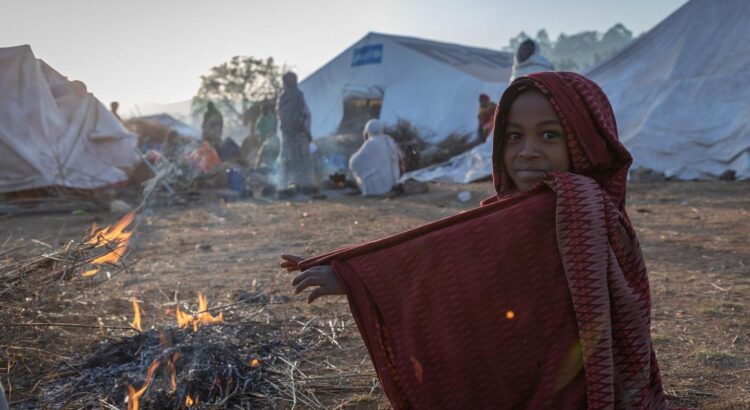






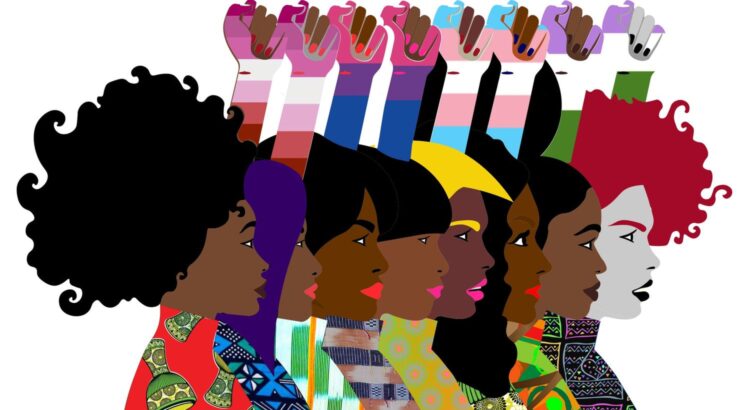
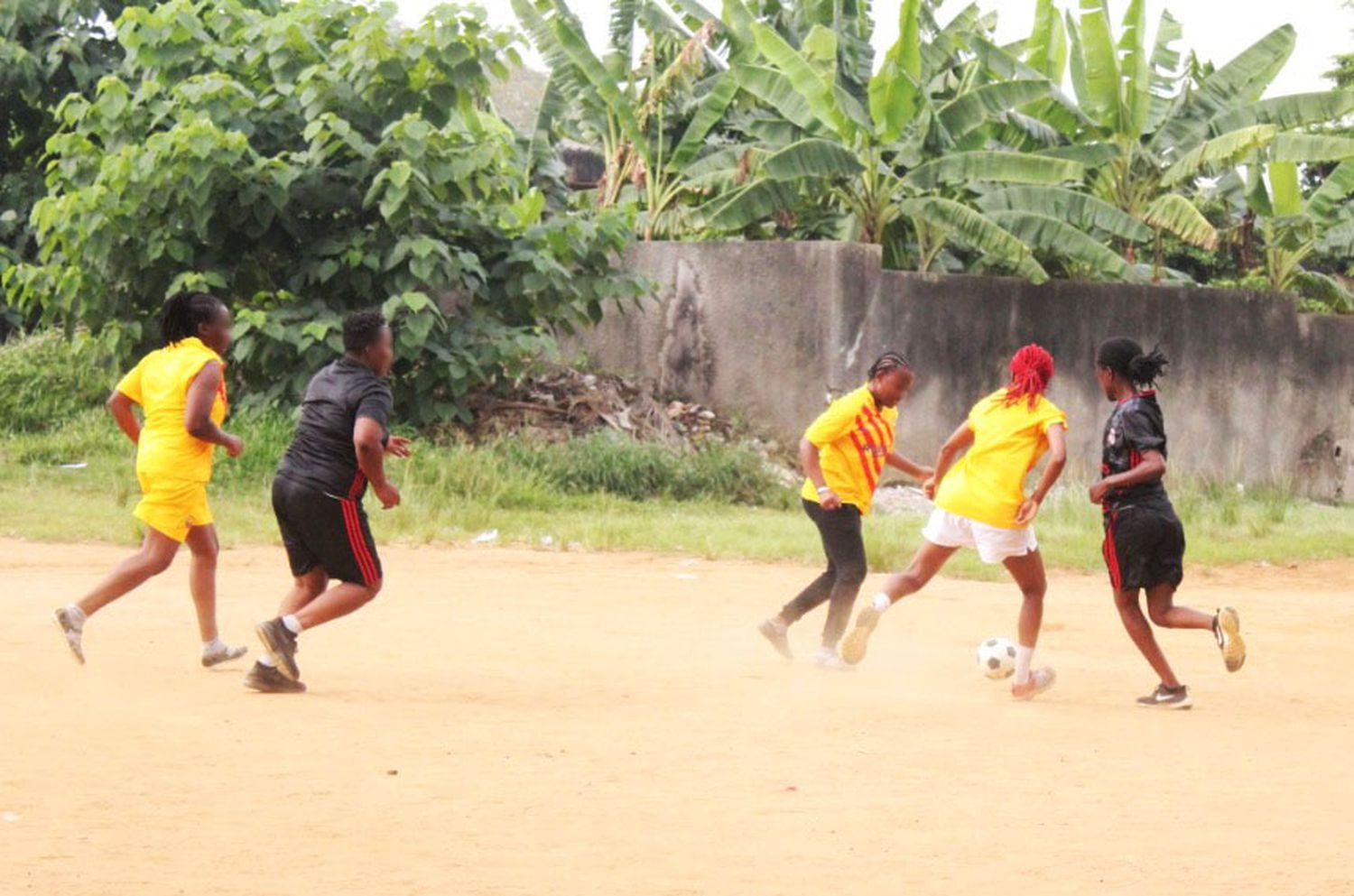
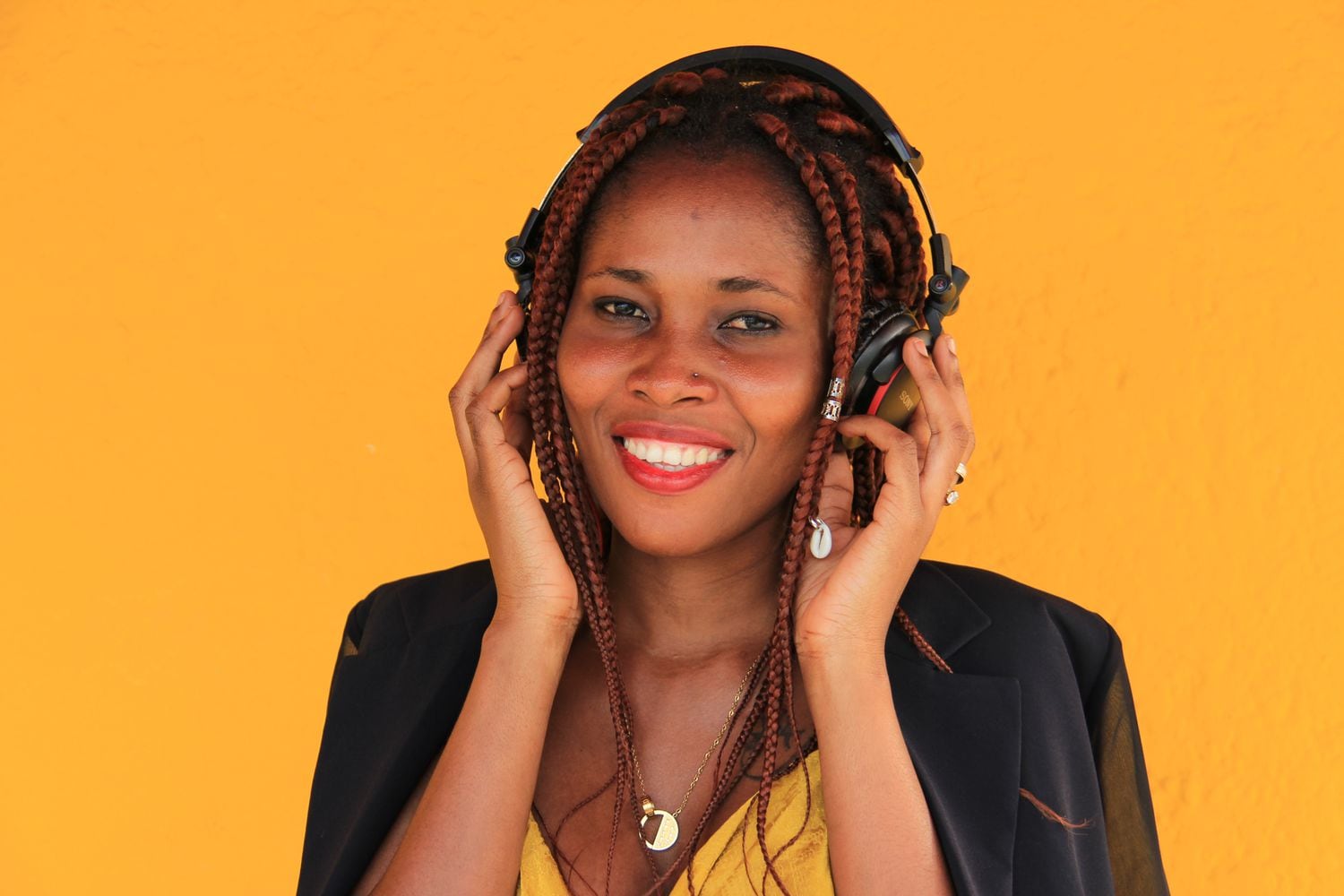
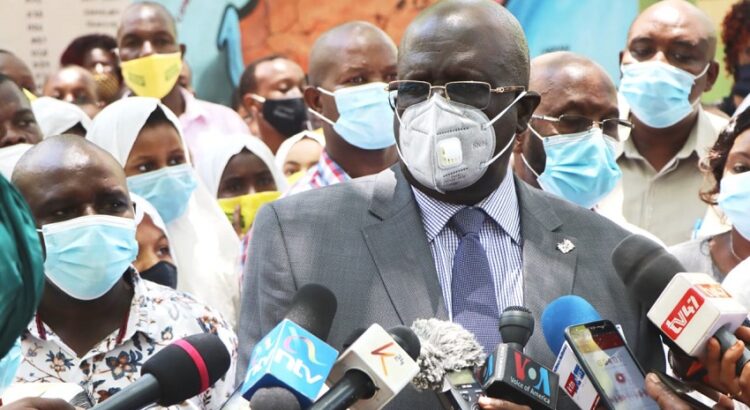

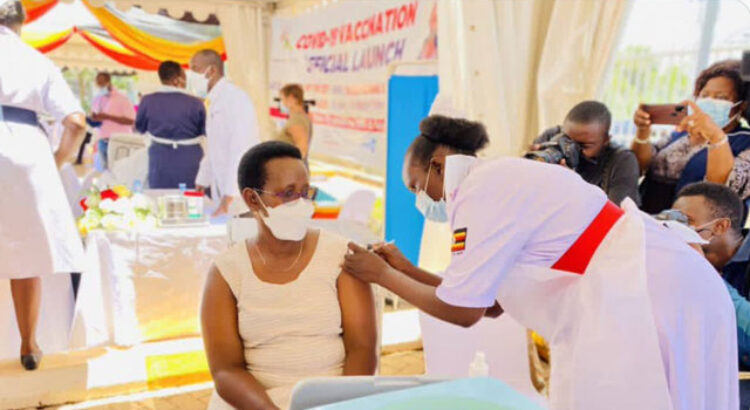
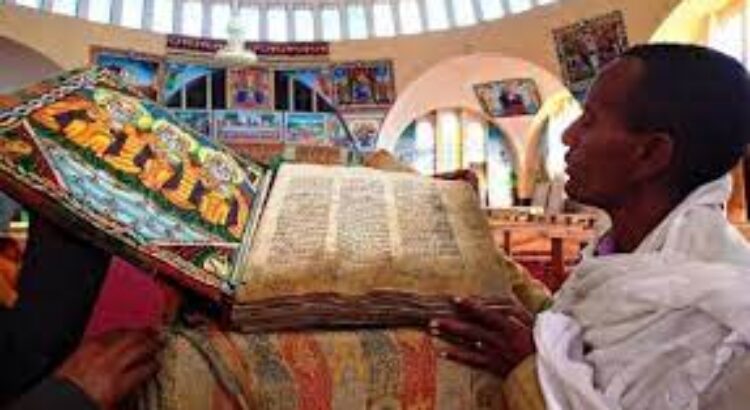
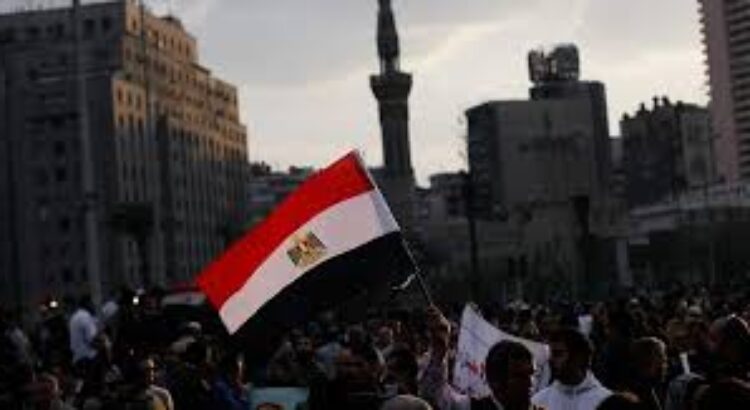






 Users Today : 40
Users Today : 40 Total Users : 35460423
Total Users : 35460423 Views Today : 79
Views Today : 79 Total views : 3419242
Total views : 3419242